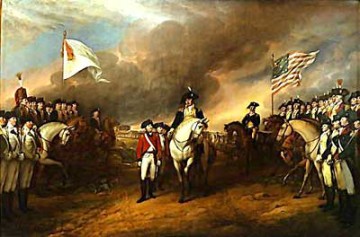 British spooks have built themselves a new supercomputer made by connecting Blackberry Pis all made in Britain.
British spooks have built themselves a new supercomputer made by connecting Blackberry Pis all made in Britain.
GCHQ, the UK equivalent of the NSA, has created a 66 Raspberry Pi cluster called the Bramble for “educational” purposes. It is not clear what those education purposes are, but you are unlikely to need a supercomputer to make a dry martini, or do your seven times table.
The spooks had an internal competition to invent something and three, unnamed, GCHQ technologists decided that other Pi clusters were too ad-hoc. They set created a cluster that could be reproduced as a standard architecture to create a commodity cluster.
The basic unit of the cluster is a set of eight networked Pis, called an “OctaPi” – one thing you have to admit is that the Raspberry Pi. The size of the OctaPi was dictated by the need to make the unit reasonable from the point of view of size, power consumption, cooling and so on. The Pis are driven by power over ethernet (PoE) to reduce the wiring and each one has an LED display.
Each OctaPi can be used standalone or hooked up to make a bigger cluster. In the case of the Bramble a total of eight OctaPis makes the cluster 64 processors strong.
There are two head control nodes, which couple the cluster to the outside world. Each head node has one Pi, a wired and WiFi connection, realtime clock, a touch screen and a camera.
All of the Pis are model Bs, but changing to a B2 would make the cluster a lot more powerful and cost about the same.
Rather than just adopt a standard cluster application like Hadoop, OctaPi’s creators decided to develop their own. The software to manage the cluster is now based on Node.js, Bootstrap and Angular.
The Bramble was shown off at the recent Big Bang Fair held in Birmingham, UK, which was aimed at getting children interested in science and engineering.
According to the press release: “The initial aim for the cluster was as a teaching tool for GCHQ’s software engineering community… The ultimate aim is to use the OctaPi concept in schools to help teach efficient and effective programming. Watch this space for more details!”








